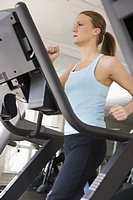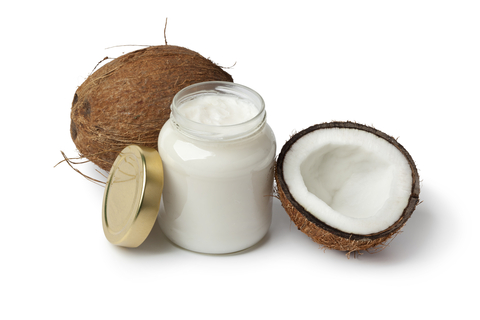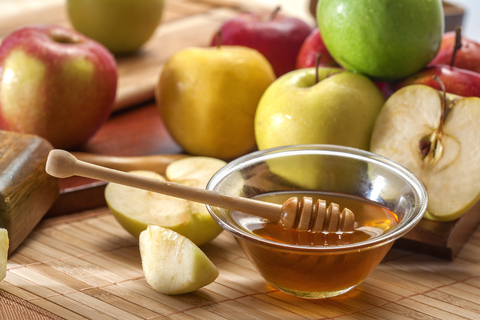Calories In vs. Calories Out

The best diet for runners is going to be very similar to the best diet for non-athletes, with just a few minor tweaks.
Whenever anyone hears “running” and “diet” in the same sentence, they immediately think of carbohydrates. Being a runner, however, does not give you permission to load up on carbs and get a free pass when it comes to good nutrition and subsequent weight loss or weight gain.
Remember that there are good carbs (complex) and bad carbs (simple), and runners are just as likely to suffer the consequences of eating bad carbs in excess as non-runners.
Things to Know…
- 3500 calories = 1 pound
- 1 mile = 100 calories
- “Bad” Carbohydrates = sugars, white flour, some starches
- “Good” Carbohydrates = fruits, vegetables, whole grains, low-fat dairy
A widely accepted “rule of thumb” or formula for runners is to plan a diet that consists of 50-65% carbohydrates, 15-25% protein, and 20-25% healthy fat. While the carbs provide the fuel for running, the protein and fats keep you feeling full and satisfied–making weight loss possible.
To begin your diet for runners, you’ll need to determine your daily caloric goal. Simply take your current weight and multiply by 13. This number factors in the calories you need for your bodily functions and your usual activity. To lose weight, say one pound a week, you would have to cut those calories by 500 each day (7 x 500 = 3500), assuming you didn’t change your normal activity level.
A diet for runners would obviously have to factor in the calories spent running. Again, as a “rule of thumb” running one mile = 100 calories. Yes, that amount varies depending on size, weight, gender, age, etc., but it’s a good starting point. So to lose weight, you can cut some calories from food, while cutting more calories through running.
So now to lose one pound each week, while running 2 miles per day, you could cut 300 calories from your diet, and burn an additional 200 calories through activity, giving you the 500 daily caloric-deficit you need. It’s simply a game of numbers when it comes to a diet for runners…grab a calculator and figure out what works best for you.
Example:
Current weight: 200 pounds x 13 = 2600 calories (current need)
Desired weight loss: 2 pounds per week
Caloric-deficit needed each week: 7000 (3500 x 2)
Caloric-deficit needed each day: 1000 (7000 / 7)
This deficit can be achieved in any combination through decreasing food & drink, and increasing activity, especially running.
Calories needed daily: 1600 (2600-1000)
Distribute your calories according to the runner’s formula:
50% x 1600 = 800 calories of carbohydrates 25% x 1600 = 400 calories of protein 25% x 1600 = 400 calories of healthy fats
Diet for Runners: Easy Tips for Success
- Drink plenty of water. Proper hydration is good for bodily functions, skin, and weight loss.
- Take a good multivitamin daily.
- Keep a food log and exercise log. Both are motivating and research clearly shows an increase in the success rate of those who do so.
- Learn the number of calories in food for your favorite choices.
- Educate yourself on what it means to eat healthy. Know the right kinds of proteins, fats, and carbohydrates to eat.
- Avoid processed foods as much as possible. Don’t rely on protein and “energy bars.” Eat real food!
- After exercising, enjoy some “good” carbs to replenish what you lost.
- Eat the majority of your calories, particularly those in the form of carbs, around the time that you are the most active. So if you run in the morning, breakfast should be your most substantial meal of the day.
- Eat frequent, smaller meals/snacks instead of cramming all of your calories into one or two meals.
- Protein is needed for energy and tissue repair, but not all protein is created the same. Learn all that you can about high protein foods and make wise choices.
- Don’t drink your calories. Unless you’re a competitive runner, you won’t need to consume “replenishing drinks.” Save your calories for highly nutritious foods and drink plenty of water.



